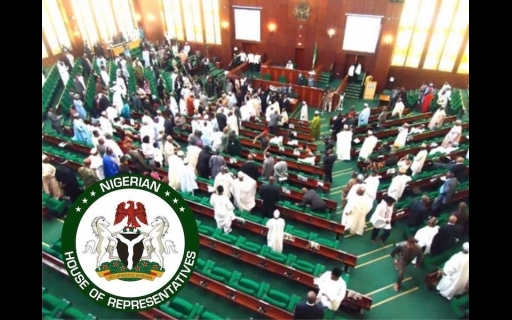House of Representatives to Undertake Comprehensive Audit of Petrol Subsidy Regime
The House of Representatives is set to conduct a thorough audit of Nigeria's petrol subsidy regime, aiming to address issues related to energy security, professionalism in the petroleum sector, and economic transformation. The committee also aims to recover lost revenue, assess the impact of subsidy removal on Nigerians, and review the implementation of the Petroleum Industry Act. This article discusses their objectives and priorities.
Audit of Petrol Subsidy Regime Launched by House of Representatives.

The House of Representatives Committee on Petroleum Resources has announced plans to conduct a comprehensive audit of the Premium Motor Spirit (PMS) subsidy regime in Nigeria. The committee's Chairman, Ikeagwuonu Ugochinyere, revealed this during the committee's inauguration in Abuja. The committee's legislative priorities include ensuring energy security, improving professionalism in the petroleum sector, and driving economic transformation. They also aim to promote accountability, institutional reforms, and revenue recovery and generation.

Ugochinyere stressed the committee's objective to assist the Federal Government in recovering $20 billion in lost revenue from the petroleum sector. Additionally, the committee will focus on the early remittance of federal revenues and the recovery of unremitted funds.
The chairman acknowledged the challenges faced by Nigerians due to the removal of the petrol subsidy and stated that the committee intends to investigate subsidy beneficiaries, loan transactions, pre-export financing arrangements, and crude oil-related loans. They will also examine the direct sales, direct purchase method and its associated value chains.
The committee plans to collaborate with other relevant committees in the upstream, mainstream, gas, and petroleum training fund sectors to achieve its goals. In reviewing the Petroleum Industry Act (PIA), the committee will assess actions taken before and after its implementation, the status of national assets, and the achievement of energy security. They will also examine competition in the downstream sector, addressing issues related to the Nigerian National Petroleum Corporation Limited (NNPC) being the primary petrol importer.
The committee aims to ensure the adequate supply of domestic crude to achieve energy security and address challenges related to domestic crude supply for modular and local refineries, in accordance with constitutional provisions. Ugochinyere expressed confidence in the committee's ability to fulfill its mandate and encouraged stakeholders in the petroleum sector to cooperate in achieving positive changes.



